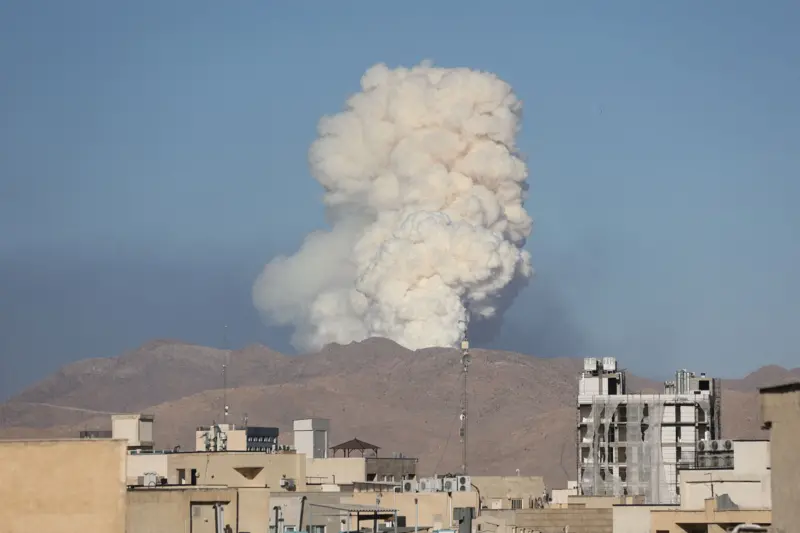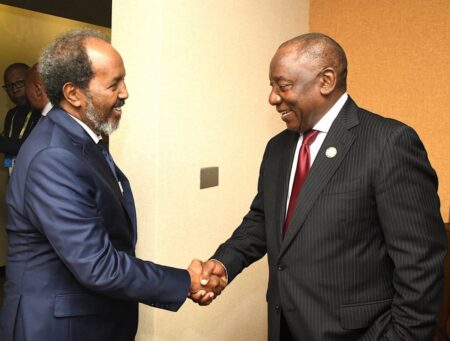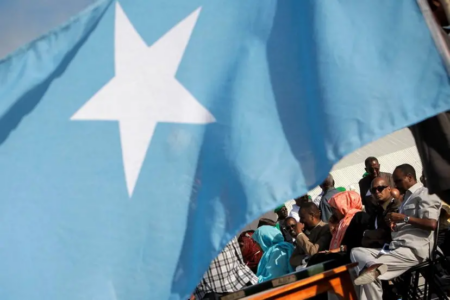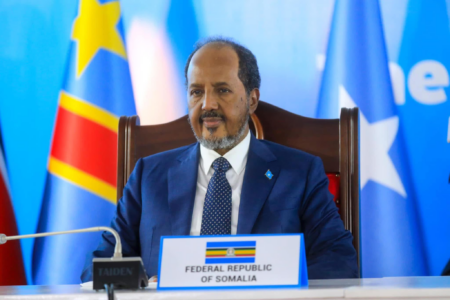The Middle East is once again on the brink, as the conflict between Israel and Iran intensifies with daily missile exchanges, regional diplomatic maneuvers, and growing international concern.
The latest updates in Israel–Iran tensions paint a volatile picture of a confrontation that could reshape regional dynamics—and potentially draw in global powers.
Israel–Iran Tensions: Summary of the Latest Developments
Missile and Drone Attacks Continue
Over the past week, Israel–Iran tensions continued.
Both countries have engaged in a series of retaliatory airstrikes, marking a significant escalation in their long-standing enmity.
Israeli and Iranian forces have exchanged ballistic missile attacks and drone strikes, targeting military infrastructure, radar systems, and strategic facilities.
In a particularly dangerous development, Israel accused Iran of deploying cluster munitions—a controversial weapon banned by many international treaties—during a strike that caused fires near key installations in southern Israel, including an area close to Microsoft’s office in Be’er Sheva.
Civilian Casualties and Infrastructure Damage Due to Israel–Iran Tensions
The Israeli Ministry of Health confirmed at least 271 injuries following a barrage of Iranian rockets that struck several southern and central cities in the early hours of Friday.
Many of the wounded were civilians caught off guard in residential neighborhoods.
Emergency services responded to multiple fires, power outages, and transportation disruptions.
Although Israel’s Iron Dome defense system intercepted several rockets, some projectiles penetrated the system, causing notable damage.
Iran’s Nationwide Internet Blackout
In a parallel development, Iran is experiencing one of the worst internet blackouts in its history. Analysts suggest that the blackout is a pre-emptive measure by the Iranian government to curb potential internal dissent amid rising geopolitical tensions.
Millions of Iranians remain disconnected from reliable communication networks, with access to messaging apps, social media, and even domestic news services either throttled or completely shut down.
Israel–Iran Tensions: Geneva Talks and Global Engagement
Amid the mounting crisis, Iranian Deputy Foreign Minister Ali Bagheri Kani met with European diplomats in Geneva in an attempt to de-escalate tensions and seek diplomatic avenues to contain the conflict.
These talks are considered crucial, especially as fears grow over the potential spillover of the conflict into neighboring countries such as Lebanon, Syria, and Iraq.
The European Union, while calling for restraint, has urged both nations to “avoid decisions that could endanger regional peace.” Geneva’s diplomatic corridor has become the epicenter of urgent backchannel discussions.
Global Reactions on Israel–Iran Tensions
United States
In a statement that stirred political speculation, U.S. President Donald Trump suggested that his administration (if reelected) would reach a decisive conclusion on Iran “within two weeks.”
While vague, the comment reignites debate around U.S. policy on Tehran and whether Washington may become more directly involved.
Russia
On the other hand, the Kremlin warned that the deployment of any U.S. tactical weapons in or near Iran would be “a catastrophe in the making.”
This stern statement signals Russia’s opposition to increased American involvement and its interest in preserving the balance of power in the region.
Israel’s Strategic Shift: Netanyahu Speaks
Israeli Prime Minister Benjamin Netanyahu, in a speech delivered at a security conference in Tel Aviv, described the military campaign as an effort to “change the face of the world.”
He emphasized that Israel’s fight is not with the Iranian people, but rather with their leadership and the threat it poses.
“The future of Iran belongs to the Iranian people,” he said, reaffirming Israel’s long-standing support for internal reform movements inside Iran.
Israel–Iran Tensions – What’s at Stake?
This intensifying confrontation is not just a bilateral conflict, but a potential flashpoint for:
- Regional proxy wars (especially involving Hezbollah, Houthis, and Iraqi militias)
- Economic volatility, especially in global energy markets
- Humanitarian crises if strikes continue to target civilian areas
Experts warn that a prolonged or full-scale war could destabilize much of the Middle East for years to come, affecting not only the countries directly involved but also global trade, migration, and security policies.
To follow this developing story in real time, tune in to Somali Probe on YouTube, where updates, expert analysis, and official statements are being streamed around the clock.








